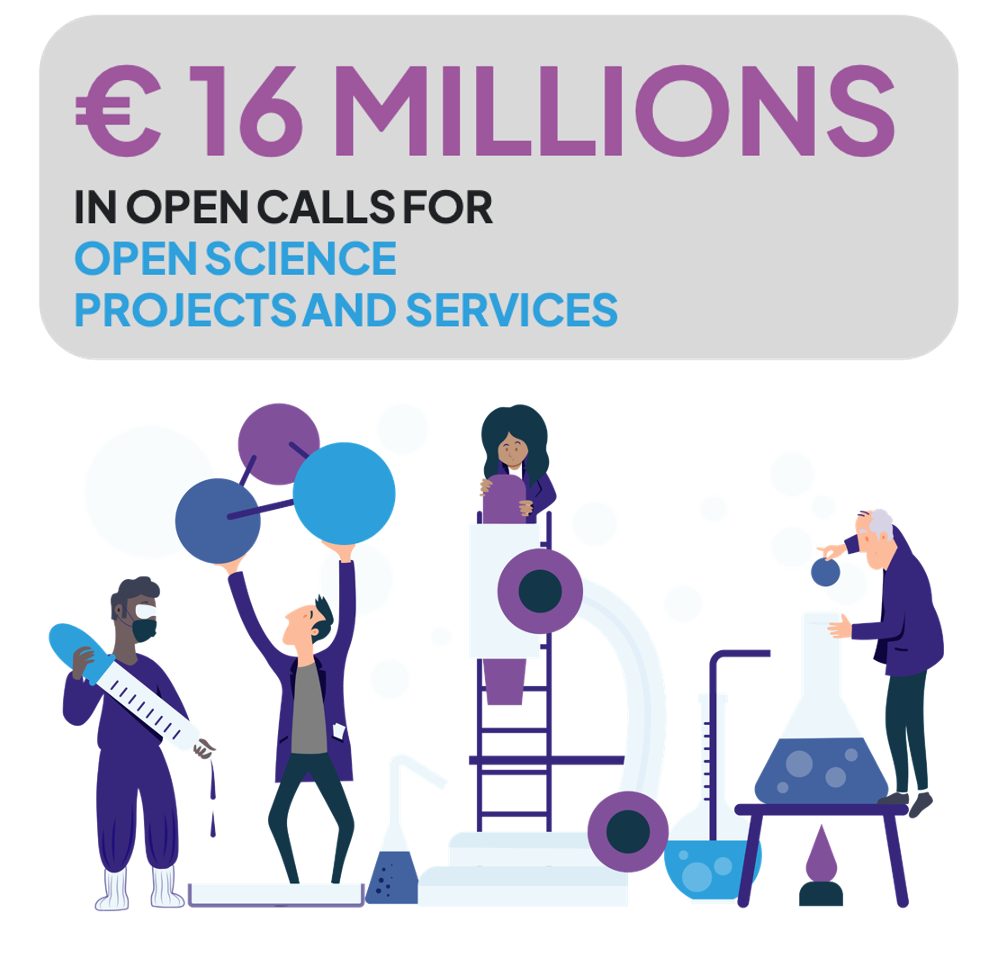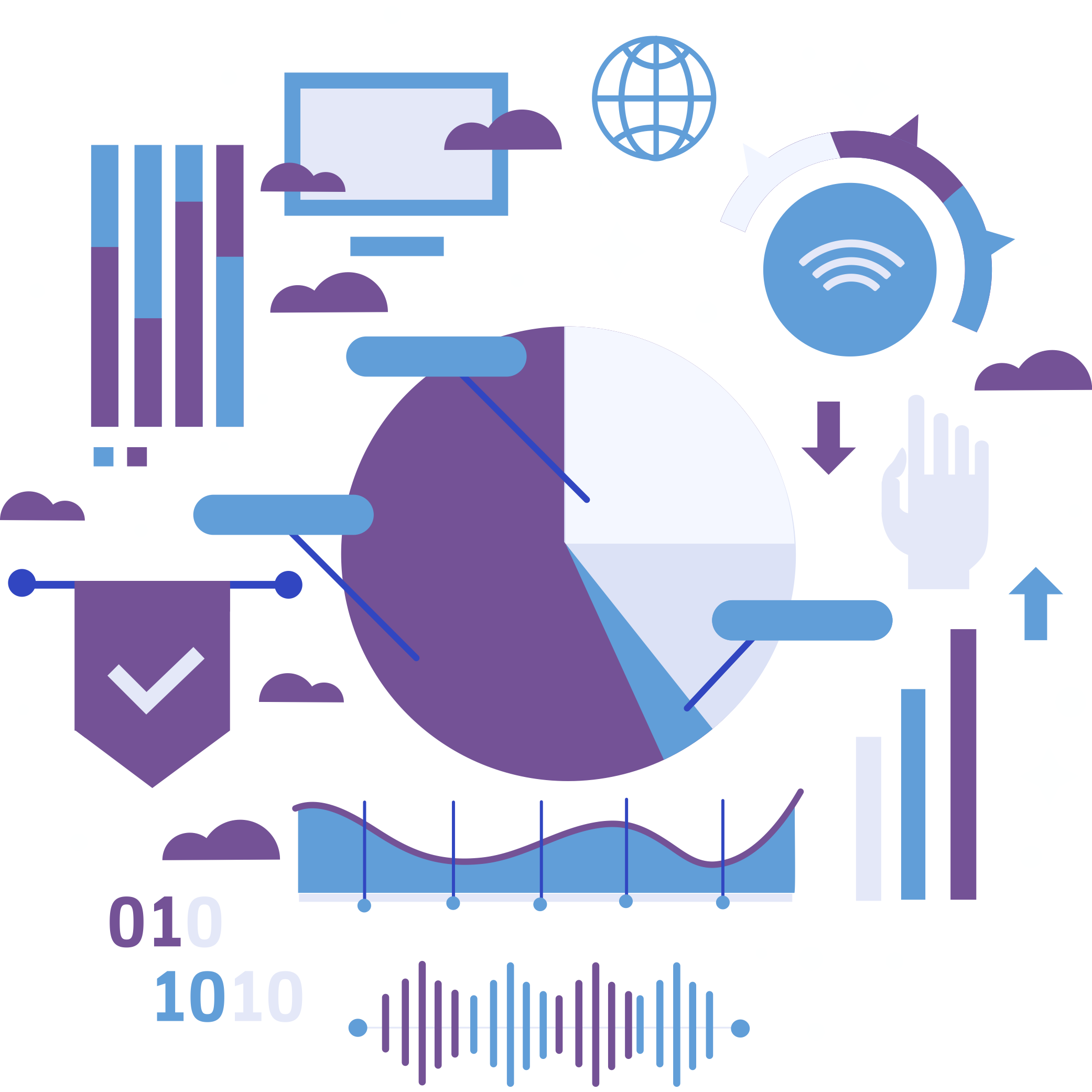Consolidating common EOSC approaches between RI communities in the five Science Clusters.
OSCARS’ first objective is to consolidate the achievements from the five H2020 INFRA-EOSC-2018-01-04 projects – ESCAPE (Astronomy & Particle Physics) ENVRI-FAIR (Environment and Earth Sciences), EOSC-LIFE (Life Sciences), PANOSC (Photon and Neutron science) and SSHOC (Social Science and Humanities) – into lasting interdisciplinary services and working practices.
To achieve this, OSCARS has been striving to:

1. Set up and implement Clusters’ Open Science Competence Centres (CLOCCs), community-based virtual hubs dedicated to fostering research excellence through training and knowledge transfer, and providing expertise, best practices and services in relation to Open Science.
Once implemented, Community-based Competence Centres will:
- Support researchers and RIs;
- Foster communication and collaboration for Open Science between RIs in the Science Clusters (SCs) and across the SCs;
- Create a collaborative network to provide expertise, best practices and services in relation to Open Science;
- Promote cross-disciplinary collaborations for Open Science;
- Set up a common dashboard model and a mentoring strategy to support the efforts of SCs in training, and to disseminate skills and best practices.
Demonstrating and piloting the use of EOSC resources by multiple research communities’ cross-RI and/or cross-domain Open Science projects and services through a cascading grant mechanism.

3. OSCARS supports and structures an EOSC ecosystem in which all OSCARS funded Open Science projects will contribute to a data space for science, research and innovation, integrated into the other data spaces described in the European Strategy for Data.
Through the OSCARS Open Calls, the project has been involving a broad range of research communities for the development of new Open Science projects and services to drive the uptake of FAIR data-intensive research throughout the ERA.
OSCARS also contributes to the implementation of the EOSC Federation as a “Web of FAIR Data and Services for Science”, by engaging with existing networks, projects, international fora and working groups.
